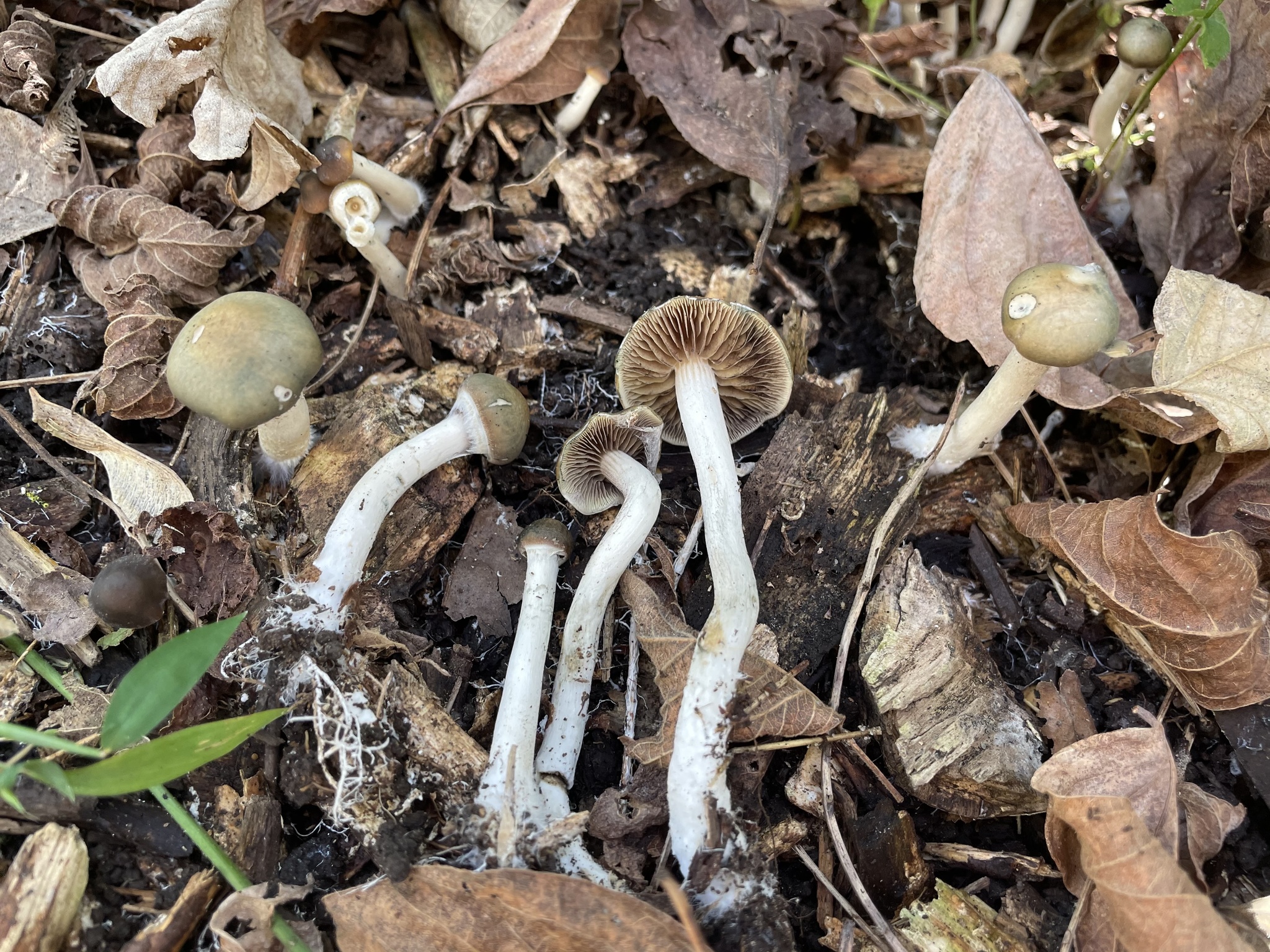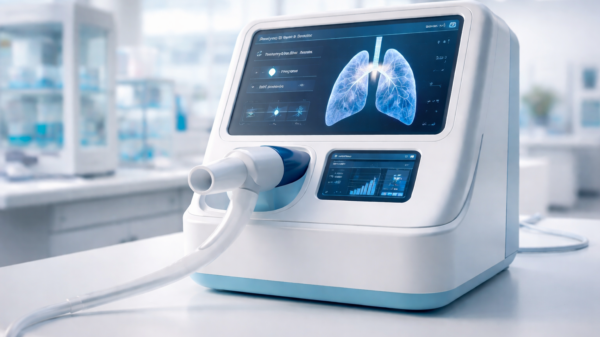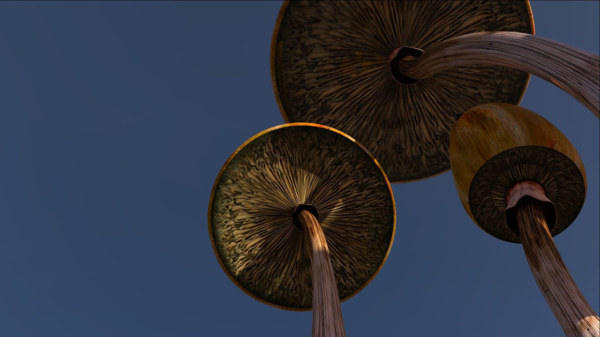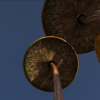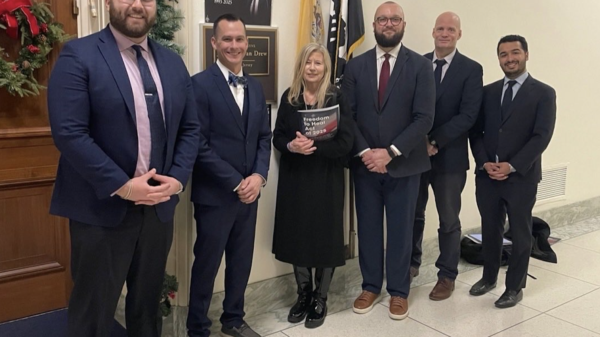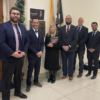The Maryland Task Force on Responsible Use of Psychedelic Substances has determined that natural psychedelic compounds should be considered safe to use in controlled settings for treating mental health conditions and chronic pain. This organization has spent over one year investigating the topic after being appointed by the government to do so.
Early this month, the 19-member committee released an extensive 373-page report summarizing their findings and recommendations for the state. It covers everything from the history and classifications of psychedelic substances to public safety considerations and treatment indications.
Most notably, the group is recommending that a regulated psilocybin therapy program should be established in Maryland. The team feels that Oregon and Colorado’s example should be followed and that the state is “well positioned” to do so. They want to implement a three-phase plan with an initial focus on magic mushrooms before other natural psychedelics like DMT and mescaline are integrated.
It will begin with establishing regulatory infrastructure before launching the treatment program with suitable medical oversight and eventually achieve full-scale operational capabilities with expansion potential. They want to “ensure responsible and gradual expansion of access while maintaining capacity to identify and respond to emerging issues swiftly,” as specified in the report.
Furthermore, the assessment advocates for expunging the criminal records of Maryland residents who have been convicted of possessing psychedelic substances.
“Expungement received strong support as an essential restorative justice measure addressing past enforcement harms and removing barriers to opportunity,” the task force wrote.
“Criminal records for simple possession create lasting consequences including employment discrimination, housing denial, educational barriers and other collateral consequences that often exceed the severity of the original offence,” they continued.
Task force Chair and University of Maryland School of Pharmacy professor, Andy Coop, says the focus over the next year needs to be educating elected representatives, educating the public, and having the public give their feedback about the report to those elected representatives in the Senate and the House.
Johns Hopkins University, an institution that provided an accompanying report, has estimated that Maryland would see up to 9,000 psilocybin therapy clients per annum when the program is implemented.
Despite the FDA giving psilocybin a breakthrough therapy designation in 2018 for its potential to alleviate treatment-resistant depression, the compound remains an illegal Schedule I substance at the federal level.
In relation, certain experts have voiced concerns about the dangers psilocybin and other psychoactive compounds can pose for individuals with a history of psychosis, bipolar disorder or certain cardiovascular conditions. They advocate for meticulous screening and professional oversight to mitigate dangers.
Read more: Experts contemplate national psychedelic therapy legalization at Harvard
Follow Rowan Dunne on LinkedIn
rowan@mugglehead.com

